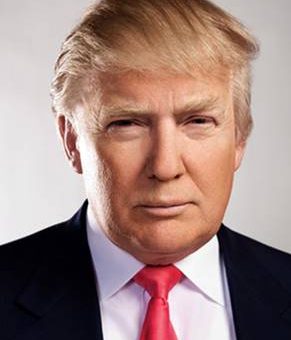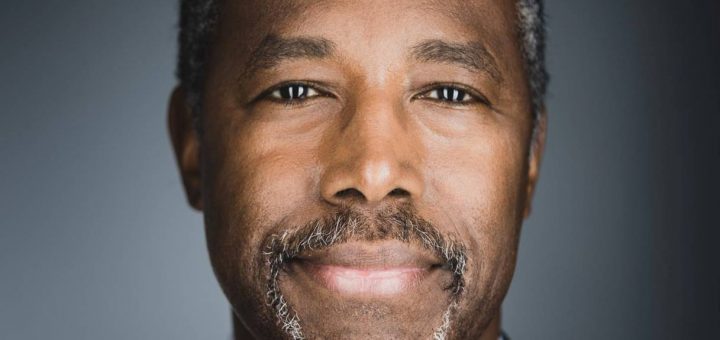Category: 2016 Presidential Election
Summary: A psychological analysis (conducted summer 2015) of retired pediatric neurosurgeon Dr. Ben Carson — a contender for the Republican nomination in the 2016 presidential election — by Hannah Hoppe and Aubrey Immelman, Ph.D., at the Unit for the Study of Personality in Politics, revealed that Carson’s most prominent personality patterns are Dominant/assertive, Ambitious/confident, and Conscientious/respectful. In summary, Carson’s personality composite can be characterized as a “confident, deliberative organizer.”
Summary: A psychological analysis of Texas senator Ted Cruz — a contender for the Republican nomination in the 2016 presidential election — by Atarah Pinder and Aubrey Immelman, Ph.D., at the Unit for the Study of Personality in Politics, revealed that Cruz’s primary personality pattern is Dominant / forceful, with secondary Ambitious / confident and Dauntless / Adventurous features and less prominent Outgoing / congenial and Contentious / resolute tendencies. In summary, Cruz’s personality composite can be characterized as a “risk-taking, confident controller.”

Summary: Psychological assessment of prospective Democratic presidential candidate Hillary Rodham Clinton. … On March 2, 2015, the New York Times reported that Hillary Clinton did not have a government email address while secretary of state and may have violated federal rules that officials’ correspondence be retained. … Compilation of research reports and related political analysis, conducted between 1999 and 2008, that may have a bearing on the matter in terms of Hillary Clinton’s personality traits, psychological motives, and leadership style. … October 2016 update: Hillary Clinton’s predominant personality patterns are Ambitious/self-serving (a measure of narcissism) and Dominant/controlling, infused with secondary features of the Conscientious/dutiful and Retiring/reserved (introverted) patterns and some indication of Distrusting/suspicious features. This particular personality composite can be labeled elitist narcissism or, in political terms, deliberative high-dominance introvert — deliberative by virtue of substantial conscientiousness.

Summary: A psychological analysis (conducted summer 2015) of real estate mogul and television celebrity Donald Trump — a contender for the Republican nomination in the 2016 presidential election — by Hannah Hoppe and Aubrey Immelman, Ph.D., at the Unit for the Study of Personality in Politics, revealed that Trump’s predominant personality pattern is Ambitious/self-serving (a measure of narcissism) with secondary features of the Dominant/controlling and Outgoing/gregarious patterns — a personality composite best characterized as a “high-dominance charismatic.” … October 2016 update: Donald Trump’s predominant personality patterns are Ambitious/exploitative (a measure of narcissism) and Outgoing/impulsive, infused with secondary features of the Dominant/controlling pattern, and supplemented by a Dauntless/adventurous tendency. This particular personality composite can be labeled “amorous narcissism” or, in political terms, “high-dominance charismatic” — charismatic by virtue of the highly elevated primary Ambitious–Outgoing amalgam.














Follow Aubrey Immelman